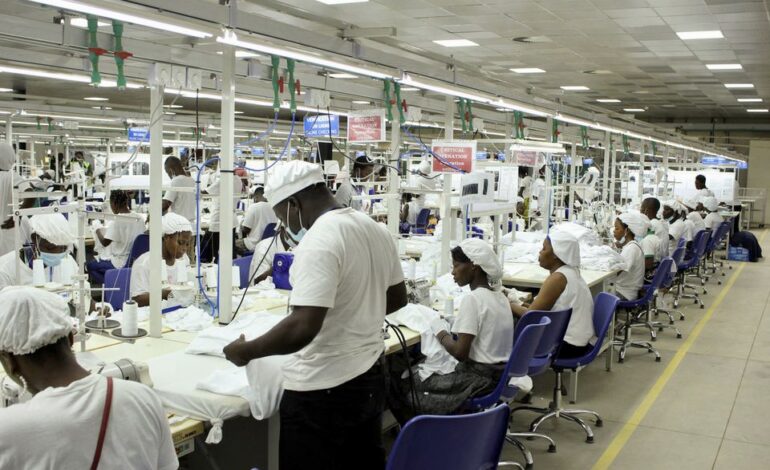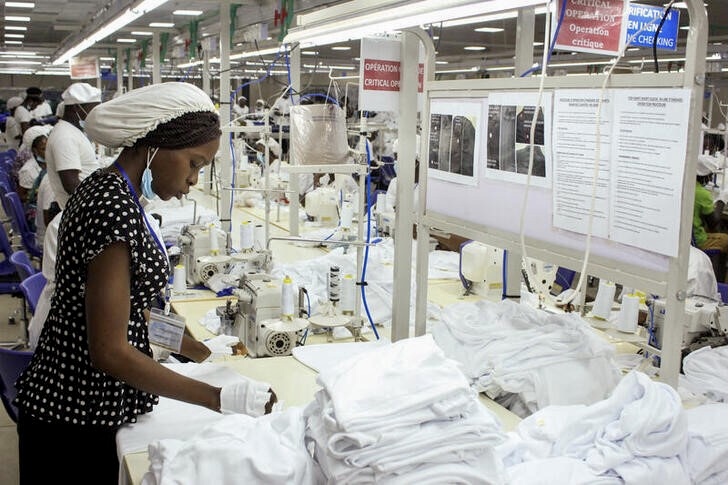
Ekeomah Atuonwu
According to government statistics, Benin will produce 728,000 tonnes of cotton annually in 2020–21, making it Africa’s top producer of the fabric. Nearly all of its raw cotton is exported, with Bangladesh receiving the lion’s share.
Currently, a project is underway to process cotton locally and generate income with the intention of exporting clothing to consumer markets in Europe, Asia, Africa, and the United States.
The Glo-Djigbe Industrial Zone (GDIZ), according to its managing director Letondji Beheton, has chosen to stop selling cotton in its raw state. So they would establish integrated textile plants to convert the cotton.
GDIZ started two years ago as the result of a partnership between the government and Arise Integrated Industrial Platforms (Arise IIP), a pan-African venture partly owned by the Africa Finance Corporation.

According to Beheton, more than $1 billion has already been spent in the zone, which will house textile industries as well as cashew and pharmaceutical processing facilities. Only a fourth of it has so far been created.
Although the means to transport cotton from the field to the factory have not yet been put in place, GDIZ has begun training roughly 1,000 garment workers with imported materials for the time being.
The industrial zone hopes to hire 15,000 people in three textile companies with a combined processing capacity of around 40,000 tonnes of cotton fiber during the next 13 months, according to Beheton.
He envisions a multi-billion dollar sector eventually that might use most of Benin’s cotton for processing.
Cotton is grown in several West African countries including Mali, Togo, Burkina Faso and Ivory Coast, but most is exported raw with little industrial processing across the region.




